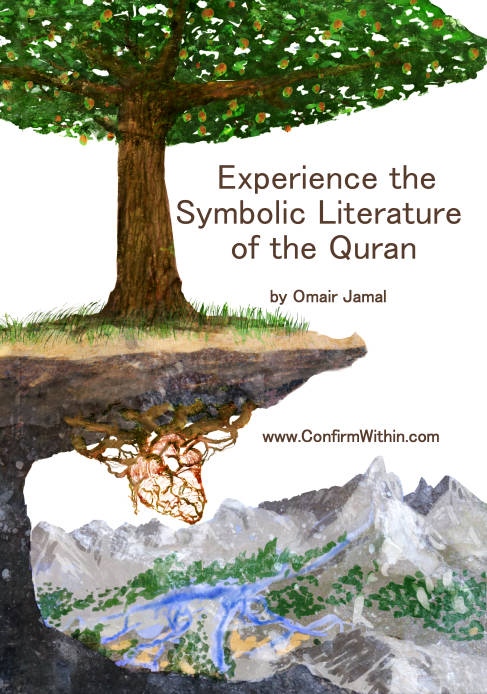Using Inferences to Understand the Quran
May I infer that you’re shy? My inference is based on your manner, how you speak, and that you started blushing as soon as I asked.
Inferences are special because they let us come to conclusions that aren’t clearly stated. A person doesn’t have to tell you that they’re shy. You can figure that out by using evidence from their behavior. When it comes to reading, inferences help us read more into a phrase than the words actually say. Inferences are how we “read between the lines.”
“It’s Ramadan and the sun is smiling on me.” Is this person just talking about the weather and time of year? Or is she happy and feeling the warmth of the holy month of Ramadan?
Inferences are conclusions we make that are based on clear evidence, but what kinds of evidence can we use? Everything: when and where words are used, symbols, figurative language, dialogue, you name it.
Almost anything can be used as evidence, but there’s a difference between assumptions and conclusions, a weak inference and a strong one. I can assume that my daughter, who’s only allowed two cookies a day, did not eat the entire box of chocolate cookies because she’s “my little angel.” If I stick to this assumption even though she walks past me with her head stuck in an empty box of cookies, then I can be sure I have myself a weak inference. I could also investigate by digging up more evidence of a cookie monster attack, like asking her to smile. Chocolate-smeared teeth make for great supporting evidence. Anyway, assumptions come from quick glances and weakly supported clues that usually ignore evidence contradicting our position. Meanwhile, a strong inference is the opposite. It’s based on many well-connected, solid details that all support the inference in different ways.
Here’s a good observation from the Quran to get us started on making great inferences: in the entire Quran, God swears by the pen but never swears by the sword (68:1). This is very meaningful. You can only appreciate how meaningful it is if you make the inferences, though. So, what do you think? What are your inferences?
To make this inference, take into account the symbols used—something you should always do when reflecting on verses. In this case we have the pen and the sword. What does each symbol stand for? The pen is a symbol of sophistication, education, truth, and etiquette. The sword is a symbol of defense, power, danger, and aggression. From these facts very strong inferences can be made. God swears by the pen instead of the sword because he is teaching us that the pen is more powerful than the sword. We can also infer that God promotes education in Islam first and foremost, not violence, as the misguided assume.
Take a look at the metaphors in this verse:
“And if all trees on earth were pens and the ocean were ink, supported with seven more oceans, God’s words would not be exhausted. God is indeed Mighty, Wise” (31:27).
Well, isn’t the Quran God’s words? It might take just one pint of ink to write all of it—not an ocean’s worth. What’s the inference? Although the ink runs dry after a pint, the meanings contained in the Quran’s verses are infinite, which even oceans of ink could not satisfy. This is beauty atop beauty. Can you infer anything else from these metaphors?
Remember to support the inferences you make with as much evidence as you can. This is what separates a solid inference from a weak one. Here is another verse supporting the idea of infinite meanings in the Quran:
“In this Quran we have provided an example of everything for humanity, but man is quite contentious” (18:54).
How can you have an example of everything in just one book? Easy. Because the Quran applies to everything through its symbols, metaphors, and universal principles. Remember that evidence is the ingredient of great inferences and keep thinking!
Please feel free to share any thoughts.
This is an excerpt of our book “Experience the Symbolic Literature of the Quran” which can be found on Amazon.com

